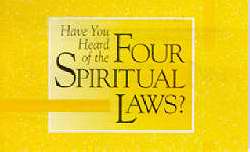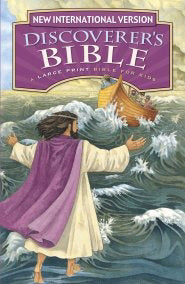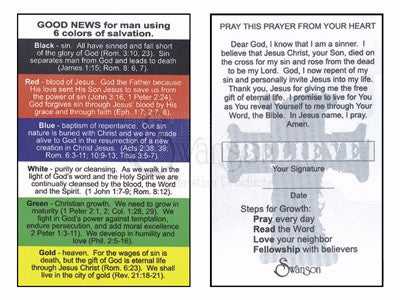New Interpreters Dictionary Of The Bible V1 (A-C)
A diverse group of 900 scholars from 40 countries have contributed fresh new articles on 7500 topics including persons, places, things, theological concepts, and much more. These contributors were selected by the editorial board for their expertise in their field and for the quality of their scholarship in publication. Special care was taken to select authors who could provide a variety of perspectives from different theological traditions (Protestant, Catholic, Jewish), diverse theological trajectory (conservative and liberal), and from the social locations of gender, ethnicity, and race.
Topics are listed in alphabetical order from A-Z and evenly divided among the five volumes. The main entry (in bold) includes a pronunciation guide. Hebrew and Greek origins of the entry follow, with transliteration. Longer articles contain an introduction that summarizes the topic and include a helpful outline to guide the reader. Articles conclude with a short bibliography and cross references to related articles. In each definition, authors strive to incorporate as many biblical instances of the term as possible in the given amount of space, and to discuss the theological, social, or ecclesial implications of the topic, so that the definitions are practical aids to the tasks of preaching, teaching, and study of the Bible.
Volume Structure;
1. A - C
2. D - H
3. I - Ma
4. Me-R
5. S - Z
Readers who are trained in ancient languages will appreciate the discussion of Hebrew and Greek terms, while at the same time, readers who are not familiar with Hebrew or Greek should not have difficulty following the articles, because transliteration and complete definitions are used throughout.






